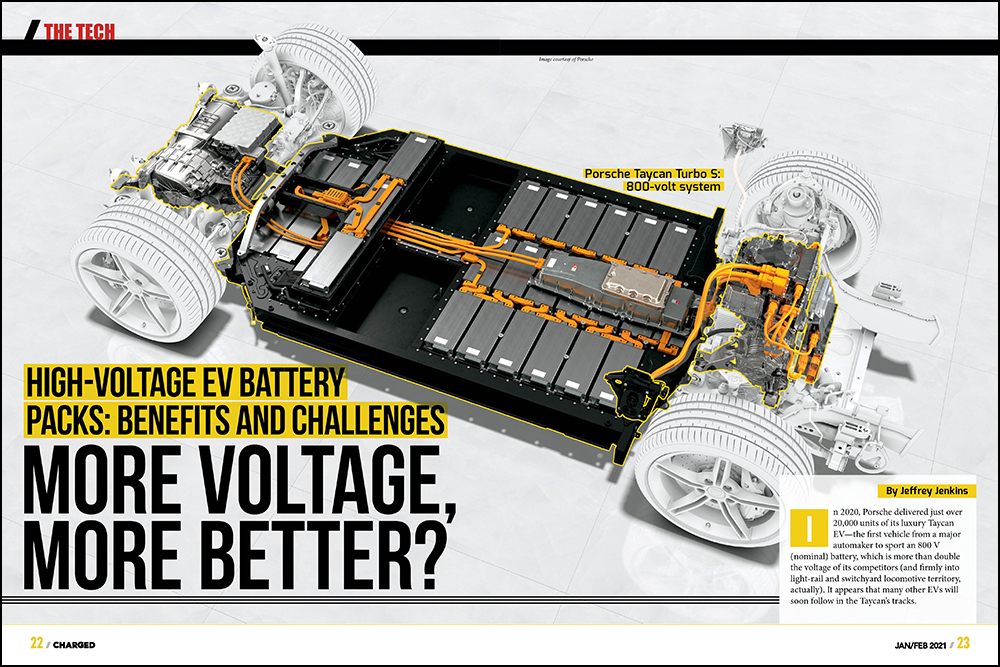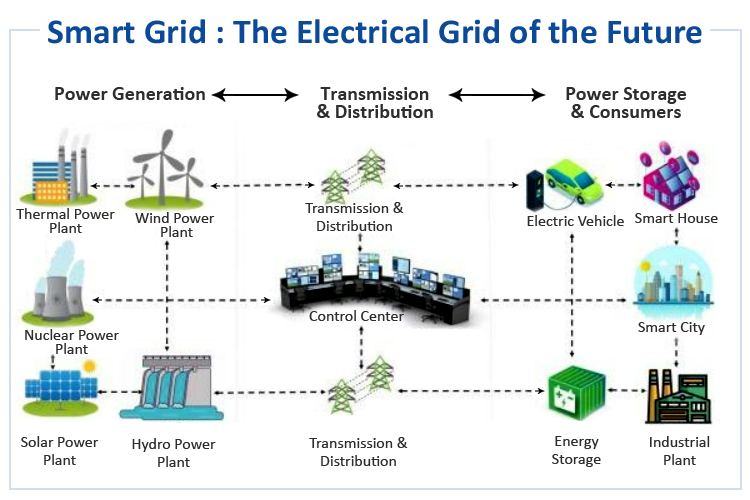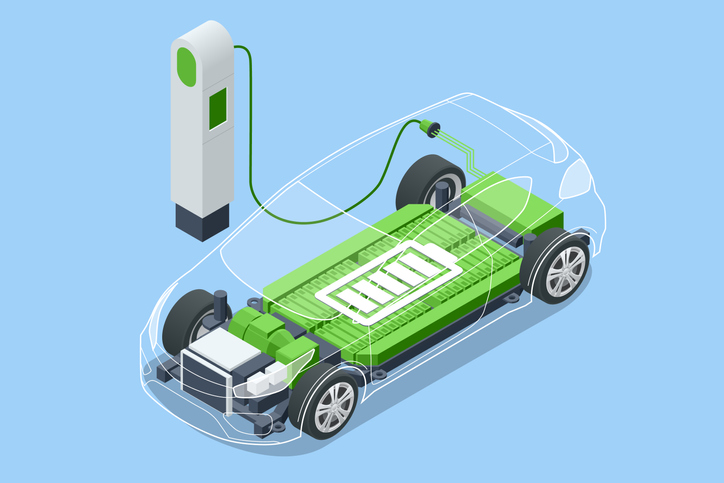Unlocking the Potential of EV Batteries through Technology
The electric vehicle (EV) industry is experiencing rapid growth, driven by increasing demand for sustainable and environmentally friendly transportation solutions. As the demand for EVs continues to rise, the need for innovative and efficient battery solutions has become a top priority. Tech-enabled business models for electric vehicle batteries are emerging as a key driver of this transformation, offering a range of benefits that can help unlock the full potential of EV batteries.
One of the primary advantages of tech-enabled business models is their ability to improve battery efficiency and reduce costs. By leveraging advanced technologies such as data analytics and artificial intelligence, companies can optimize battery performance, extend lifespan, and reduce waste. This not only benefits the environment but also helps to reduce the total cost of ownership for EVs, making them more competitive with traditional internal combustion engine vehicles.
Another significant benefit of tech-enabled business models is their potential to enhance the overall driving experience. By integrating advanced technologies such as smart charging systems and energy management software, companies can provide EV owners with a more seamless and convenient driving experience. This includes features such as real-time battery monitoring, optimized charging schedules, and personalized energy management recommendations.
Furthermore, tech-enabled business models can help to address some of the key challenges facing the EV industry, such as range anxiety and charging infrastructure. By providing EV owners with access to advanced charging systems and energy management software, companies can help to alleviate range anxiety and make long-distance driving more practical. Additionally, tech-enabled business models can help to optimize charging infrastructure, reducing the strain on the grid and making it easier to integrate renewable energy sources.
As the EV industry continues to evolve, it is clear that tech-enabled business models will play a critical role in shaping the future of electric vehicle batteries. By providing innovative solutions that improve efficiency, reduce costs, and enhance the driving experience, companies can help to unlock the full potential of EV batteries and drive the widespread adoption of sustainable transportation solutions.
How to Leverage Data Analytics for Optimized Battery Performance
Data analytics is playing an increasingly important role in the electric vehicle (EV) industry, particularly when it comes to optimizing battery performance. By leveraging advanced data analytics tools and techniques, companies can gain valuable insights into battery behavior, identify areas for improvement, and develop more efficient battery management systems.
One of the key benefits of data analytics in EV battery optimization is its ability to improve battery efficiency. By analyzing data on battery performance, companies can identify opportunities to reduce energy consumption, extend battery lifespan, and improve overall vehicle performance. For example, data analytics can help companies optimize battery charging and discharging patterns, reducing wear and tear on the battery and improving its overall efficiency.
Companies such as Tesla and Volkswagen are already using data analytics to optimize battery performance in their EVs. Tesla’s data analytics platform, for example, provides real-time insights into battery performance, allowing the company to identify areas for improvement and develop more efficient battery management systems. Volkswagen is also using data analytics to optimize battery performance in its EVs, with a focus on improving battery lifespan and reducing energy consumption.
Another benefit of data analytics in EV battery optimization is its ability to enhance the overall driving experience. By analyzing data on driver behavior and battery performance, companies can develop more personalized and efficient battery management systems. For example, data analytics can help companies optimize battery charging and discharging patterns based on driver behavior, reducing energy consumption and improving overall vehicle performance.
Furthermore, data analytics can help companies develop more advanced battery management systems, such as predictive maintenance and real-time monitoring. These systems can help companies identify potential issues before they occur, reducing downtime and improving overall vehicle reliability.
Overall, data analytics is a critical component of tech-enabled business models for electric vehicle batteries. By leveraging advanced data analytics tools and techniques, companies can optimize battery performance, improve efficiency, and enhance the overall driving experience. As the EV industry continues to evolve, it is likely that data analytics will play an increasingly important role in shaping the future of electric vehicle batteries.
The Rise of Battery-as-a-Service: A New Era for EV Adoption
The electric vehicle (EV) industry is on the cusp of a revolution, driven by the emergence of innovative business models that are transforming the way we think about EV batteries. One of the most promising developments is the rise of Battery-as-a-Service (BaaS), a concept that is poised to increase EV adoption rates and make sustainable transportation more accessible to a wider audience.
BaaS is a business model that separates the ownership of the battery from the ownership of the vehicle. Instead of purchasing a battery outright, EV owners can subscribe to a battery service that provides them with a battery that is maintained, updated, and replaced as needed. This approach has several benefits, including reduced upfront costs, improved battery maintenance, and increased flexibility.
One of the key advantages of BaaS is its ability to reduce the upfront costs associated with purchasing an EV. By separating the ownership of the battery from the ownership of the vehicle, EV owners can avoid the high costs of battery replacement and maintenance. This makes EVs more accessible to a wider audience, including those who may not have been able to afford them otherwise.
BaaS also provides improved battery maintenance, which is critical for ensuring the longevity and performance of EV batteries. By providing regular maintenance and updates, BaaS providers can help extend the life of the battery and ensure that it continues to perform optimally over time.
Companies such as Tesla and Volkswagen are already exploring the potential of BaaS, with several pilot programs and partnerships underway. These initiatives are designed to test the viability of BaaS and identify opportunities for improvement and expansion.
The rise of BaaS is also driving innovation in the EV industry, with several startups and established companies developing new technologies and business models that are designed to support this emerging trend. For example, companies such as NIO and BYD are developing advanced battery management systems that can optimize battery performance and reduce costs.
Overall, the rise of BaaS is a significant development in the EV industry, with the potential to increase EV adoption rates and make sustainable transportation more accessible to a wider audience. As the industry continues to evolve, it is likely that BaaS will play an increasingly important role in shaping the future of tech-enabled business models for electric vehicle batteries.
Smart Charging Systems: The Key to Efficient Energy Management
As the adoption of electric vehicles (EVs) continues to grow, the need for efficient energy management systems has become increasingly important. Smart charging systems are emerging as a key solution, enabling EV owners to optimize their energy consumption and reduce their environmental impact. Tech-enabled business models for electric vehicle batteries are playing a crucial role in the development of smart charging systems, providing innovative solutions that can help manage energy consumption and reduce strain on the grid.
Smart charging systems use advanced technologies such as artificial intelligence and machine learning to optimize energy consumption and reduce peak demand on the grid. These systems can analyze data on energy usage patterns, weather forecasts, and grid capacity to determine the most efficient charging times and rates. By optimizing energy consumption, smart charging systems can help reduce the strain on the grid, lower energy costs, and minimize the environmental impact of EVs.
Companies such as ChargePoint and EVgo are already developing smart charging systems that can optimize energy consumption and reduce strain on the grid. These systems use advanced technologies such as cloud-based software and IoT sensors to monitor and control energy usage in real-time. By providing EV owners with real-time data on their energy usage, smart charging systems can help them make informed decisions about their energy consumption and reduce their environmental impact.
Tech-enabled business models for electric vehicle batteries are also playing a crucial role in the development of smart charging systems. By providing innovative solutions that can help manage energy consumption and reduce strain on the grid, these business models can help drive the adoption of EVs and reduce the environmental impact of transportation. For example, companies such as Tesla and Volkswagen are developing smart charging systems that can optimize energy consumption and reduce strain on the grid.
Furthermore, smart charging systems can also provide additional benefits such as improved grid resilience and reduced energy costs. By optimizing energy consumption and reducing peak demand on the grid, smart charging systems can help reduce the strain on the grid and minimize the risk of power outages. Additionally, smart charging systems can help EV owners reduce their energy costs by optimizing their energy consumption and taking advantage of off-peak rates.
Overall, smart charging systems are emerging as a key solution for efficient energy management in the EV industry. By providing innovative solutions that can help manage energy consumption and reduce strain on the grid, tech-enabled business models for electric vehicle batteries can help drive the adoption of EVs and reduce the environmental impact of transportation.
Second-Life Applications for EV Batteries: A Lucrative Opportunity
The electric vehicle (EV) industry is generating a significant amount of waste in the form of retired batteries. However, these batteries still have a significant amount of life left in them, and can be repurposed for a variety of second-life applications. Tech-enabled business models for electric vehicle batteries are emerging as a key solution for the repurposing of EV batteries, providing innovative solutions that can help reduce waste and generate new revenue streams.
One of the most promising second-life applications for EV batteries is energy storage. Retired EV batteries can be repurposed as energy storage systems for homes and businesses, providing a cost-effective and sustainable solution for energy storage. Companies such as Tesla and LG Chem are already exploring this opportunity, and are developing energy storage systems that utilize retired EV batteries.
Another second-life application for EV batteries is renewable energy systems. Retired EV batteries can be repurposed as energy storage systems for renewable energy systems, such as solar and wind power. This can help to stabilize the grid and provide a reliable source of energy. Companies such as Sonnen and SimpliPhi Power are already developing energy storage systems that utilize retired EV batteries for renewable energy applications.
The benefits of repurposing EV batteries are numerous. Not only can it help to reduce waste and generate new revenue streams, but it can also help to reduce the environmental impact of the EV industry. By repurposing EV batteries, companies can reduce the need for new raw materials and minimize the environmental impact of battery production.
Several companies are leading the charge in the development of second-life applications for EV batteries. For example, the company Umicore is developing a closed-loop battery recycling system that can recover up to 95% of the materials in a retired EV battery. This can help to reduce waste and generate new revenue streams, while also minimizing the environmental impact of the EV industry.
Overall, the repurposing of EV batteries for second-life applications is a lucrative opportunity that can help to reduce waste and generate new revenue streams. Tech-enabled business models for electric vehicle batteries are emerging as a key solution for the repurposing of EV batteries, providing innovative solutions that can help reduce waste and minimize the environmental impact of the EV industry.
Blockchain Technology: Enhancing Transparency and Security in EV Battery Supply Chains
The electric vehicle (EV) battery industry is facing a number of challenges, including the need for greater transparency and security in supply chains. Blockchain technology is emerging as a key solution to these challenges, providing a secure and transparent way to track the origin, movement, and ownership of EV batteries. Tech-enabled business models for electric vehicle batteries are incorporating blockchain technology to enhance transparency and security in EV battery supply chains.
Blockchain technology is a decentralized, digital ledger that records transactions and data across a network of computers. This technology provides a secure and transparent way to track the origin, movement, and ownership of EV batteries, reducing the risk of counterfeiting and improving the overall efficiency of supply chains.
Several companies are already using blockchain technology to enhance transparency and security in EV battery supply chains. For example, the company Circulor is using blockchain technology to track the origin and movement of EV batteries, providing a secure and transparent way to verify the authenticity of these batteries.
The benefits of blockchain technology in EV battery supply chains are numerous. This technology can help to reduce the risk of counterfeiting, improve the overall efficiency of supply chains, and provide a secure and transparent way to track the origin, movement, and ownership of EV batteries.
In addition to enhancing transparency and security, blockchain technology can also help to improve the sustainability of EV battery supply chains. By providing a secure and transparent way to track the origin and movement of EV batteries, blockchain technology can help to reduce the environmental impact of these batteries and improve the overall sustainability of the EV industry.
Overall, blockchain technology is emerging as a key solution to the challenges facing the EV battery industry. By providing a secure and transparent way to track the origin, movement, and ownership of EV batteries, blockchain technology can help to enhance transparency and security in EV battery supply chains and improve the overall sustainability of the EV industry.
Partnerships and Collaborations: The Future of Tech-Enabled EV Battery Business Models
The electric vehicle (EV) battery industry is rapidly evolving, with new technologies and business models emerging to meet the growing demand for sustainable and efficient battery solutions. Partnerships and collaborations are playing a crucial role in driving innovation in the EV battery industry, enabling companies to share resources, expertise, and risk to develop new technologies and business models. Tech-enabled business models for electric vehicle batteries are increasingly relying on partnerships and collaborations to drive growth and innovation.
One of the key benefits of partnerships and collaborations in the EV battery industry is the ability to share resources and expertise. By partnering with other companies, EV battery manufacturers can access new technologies, expertise, and resources that can help them develop more efficient and sustainable battery solutions. For example, the company LG Chem has partnered with the company General Motors to develop a new EV battery technology that is more efficient and sustainable than traditional battery technologies.
Another benefit of partnerships and collaborations in the EV battery industry is the ability to share risk. By partnering with other companies, EV battery manufacturers can share the risk of developing new technologies and business models, reducing the financial burden on individual companies. For example, the company Tesla has partnered with the company Panasonic to develop a new EV battery technology that is more efficient and sustainable than traditional battery technologies.
Partnerships and collaborations are also enabling companies to develop new business models that are more sustainable and efficient than traditional business models. For example, the company Volkswagen has partnered with the company Siemens to develop a new EV battery business model that is based on a pay-per-use model, reducing the upfront costs of EV batteries and making them more accessible to a wider range of customers.
Overall, partnerships and collaborations are playing a crucial role in driving innovation in the EV battery industry, enabling companies to develop new technologies and business models that are more sustainable and efficient than traditional battery technologies. By partnering with other companies, EV battery manufacturers can access new resources, expertise, and risk-sharing opportunities that can help them drive growth and innovation in the EV battery industry.
Overcoming Challenges: Regulatory Frameworks and Standardization for Tech-Enabled EV Batteries
The adoption of tech-enabled business models for electric vehicle batteries is facing several challenges, including regulatory frameworks and standardization. The lack of industry-wide standards and supportive regulatory environments is hindering the growth of the EV battery industry, making it difficult for companies to develop and implement new technologies and business models.
One of the key challenges facing the EV battery industry is the lack of standardization. Different companies are using different technologies and business models, making it difficult to ensure interoperability and compatibility between different systems. This lack of standardization is also making it difficult for companies to scale their operations and achieve economies of scale.
Another challenge facing the EV battery industry is the lack of supportive regulatory environments. The regulatory framework for the EV battery industry is still evolving, and there is a need for clearer guidelines and regulations to support the growth of the industry. This lack of regulatory clarity is making it difficult for companies to invest in new technologies and business models, and is hindering the growth of the industry.
Despite these challenges, there are several initiatives underway to address the lack of standardization and supportive regulatory environments. For example, the International Electrotechnical Commission (IEC) is developing standards for EV batteries, and the European Union is developing regulations to support the growth of the EV battery industry.
Companies are also taking steps to address the lack of standardization and supportive regulatory environments. For example, the company Tesla is working with other companies to develop industry-wide standards for EV batteries, and the company Volkswagen is working with regulatory bodies to develop supportive regulatory environments.
Overall, the adoption of tech-enabled business models for electric vehicle batteries is facing several challenges, including regulatory frameworks and standardization. However, there are several initiatives underway to address these challenges, and companies are taking steps to develop industry-wide standards and supportive regulatory environments.







